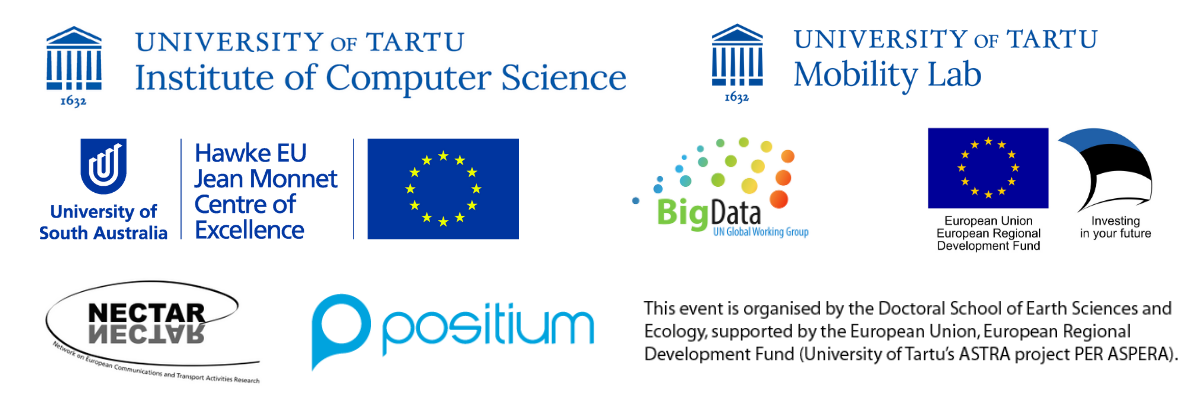12 August 2020
Mobile Tartu Virtual Conference
Hosted by the University of Tartu, Estonia, Europe
The 7th mobility research conference Mobile Tartu brought together over 300 professionals worldwide, this time virtually. Mobile Tartu is a biennial conference that focuses on the latest advancements in theoretical, methodological and empirical aspects of human mobility on the basis of mobile big data. The conference hosted a series of keynote talks from leading scholars in the field of mobility, location based services and big data – Prof. Georg Gartner (Vienna University of Technology), Prof. Haosheng Huang (Ghent University), Prof. Rob Kitchin (Maynooth University) and Prof. Esteban Moro (MIT/Carlos III University of Madrid).
This year, the conference hosted a special session on automated, connected and cooperative mobilities as part of the EU Jean Monnet Network project CCAMEU. The session gave insights to the digital transformation of mobilities in European context by addressing the governance and policy of self-driving vehicles, bike share system and biking infrastructure, mobility monitoring, mobility data collection, processing and visualisation, and environmental and health impacts of mobility behaviour based on digital data sets on both mobility and travel environment. The session was moderated by Dr. Age Poom, a member of the CCAMEU network from the University of Tartu/University of Helsinki.
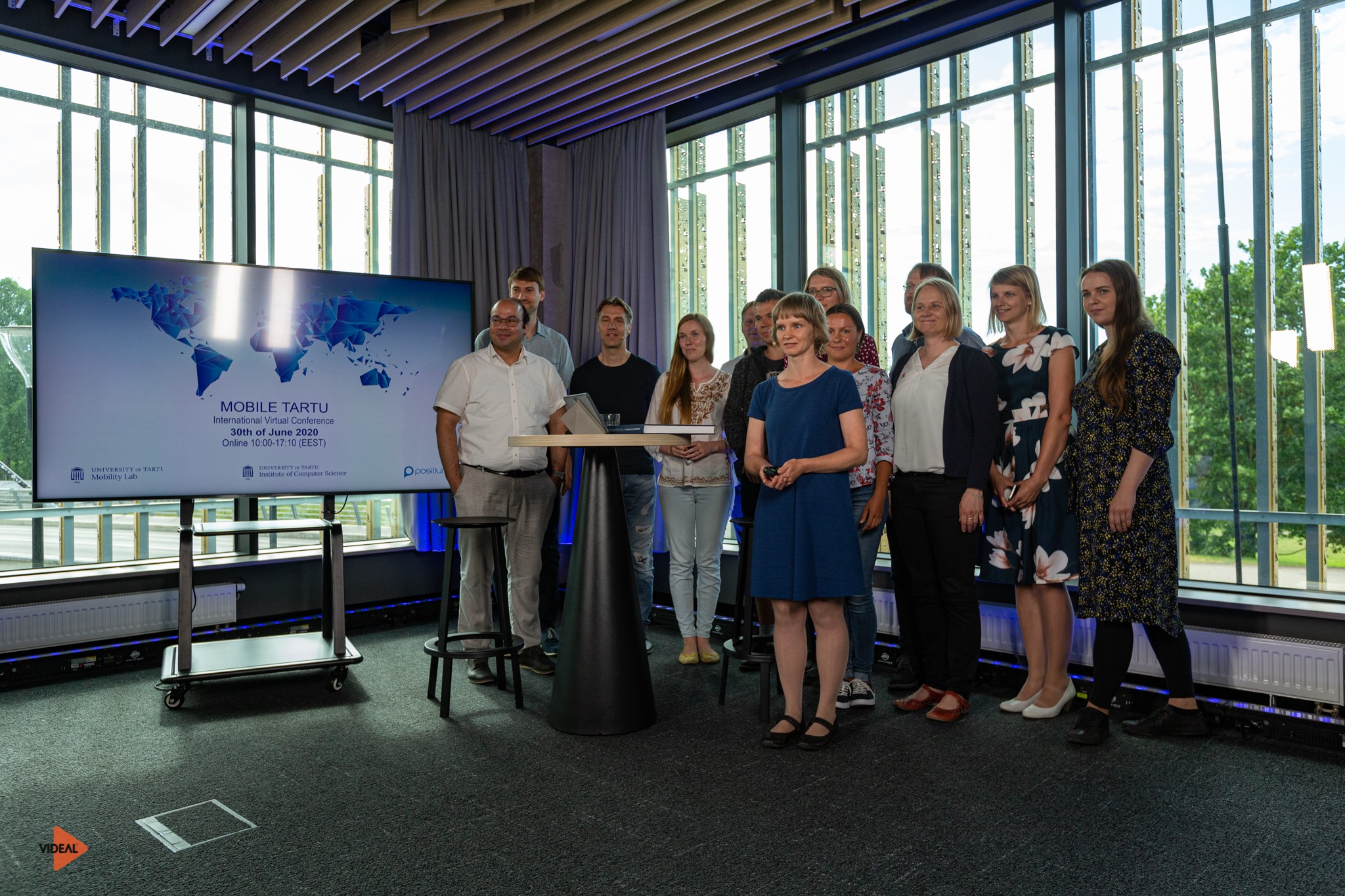
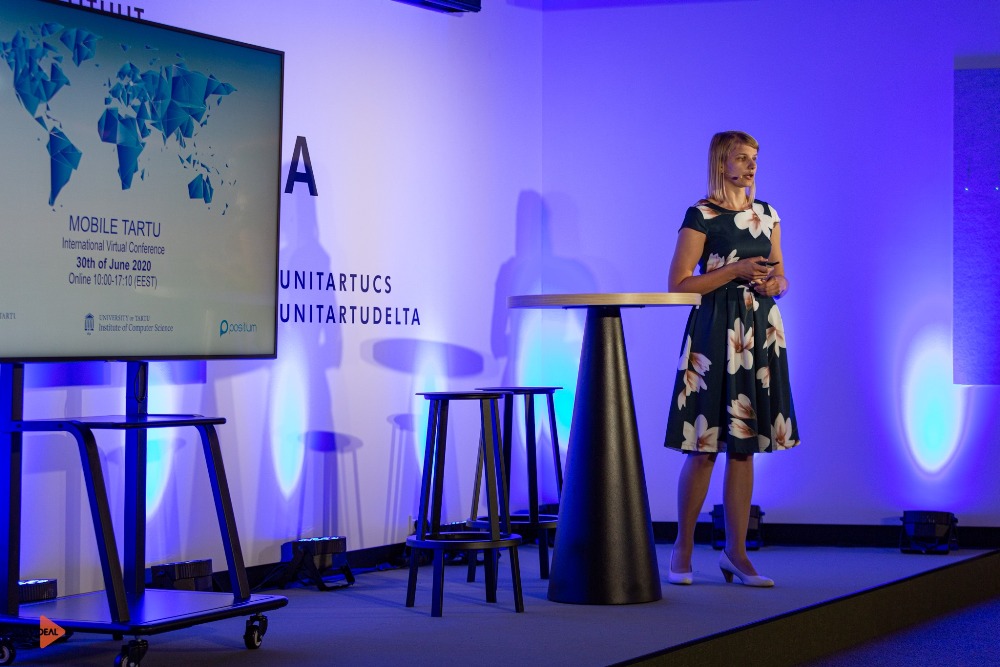
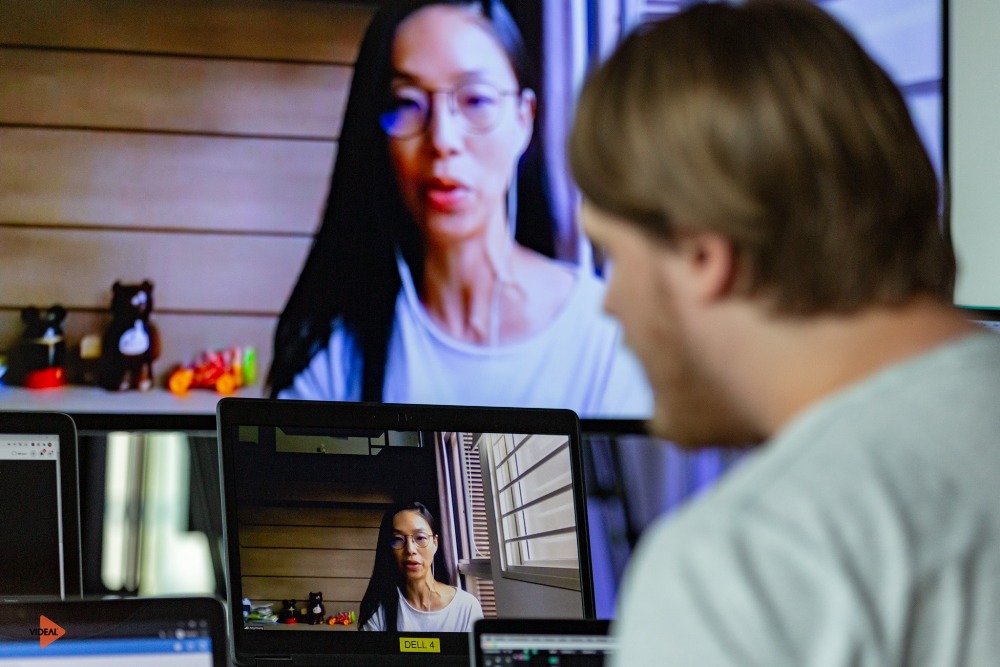
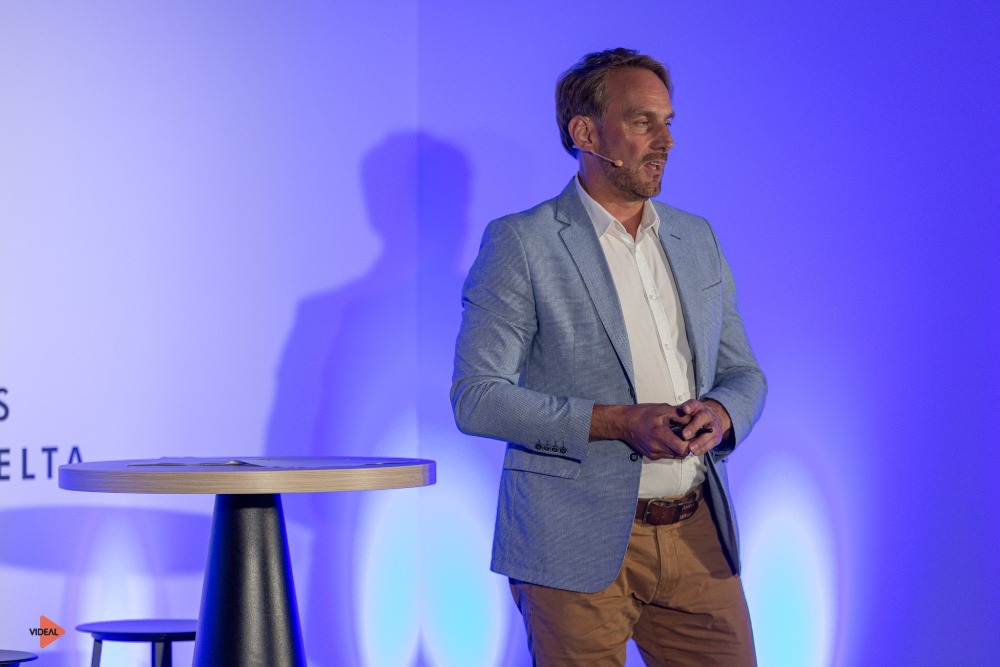
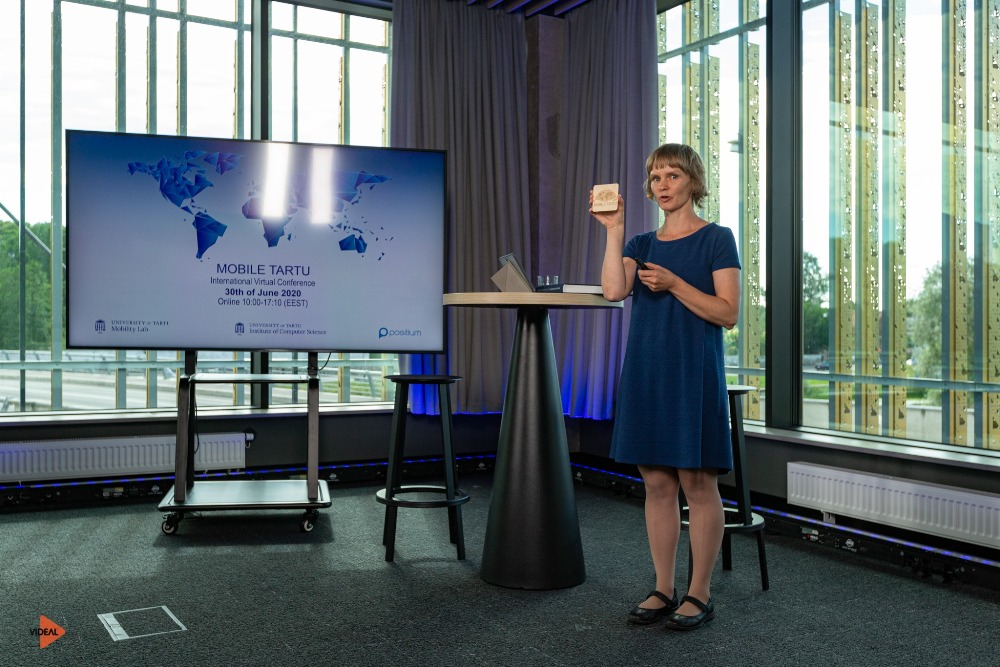
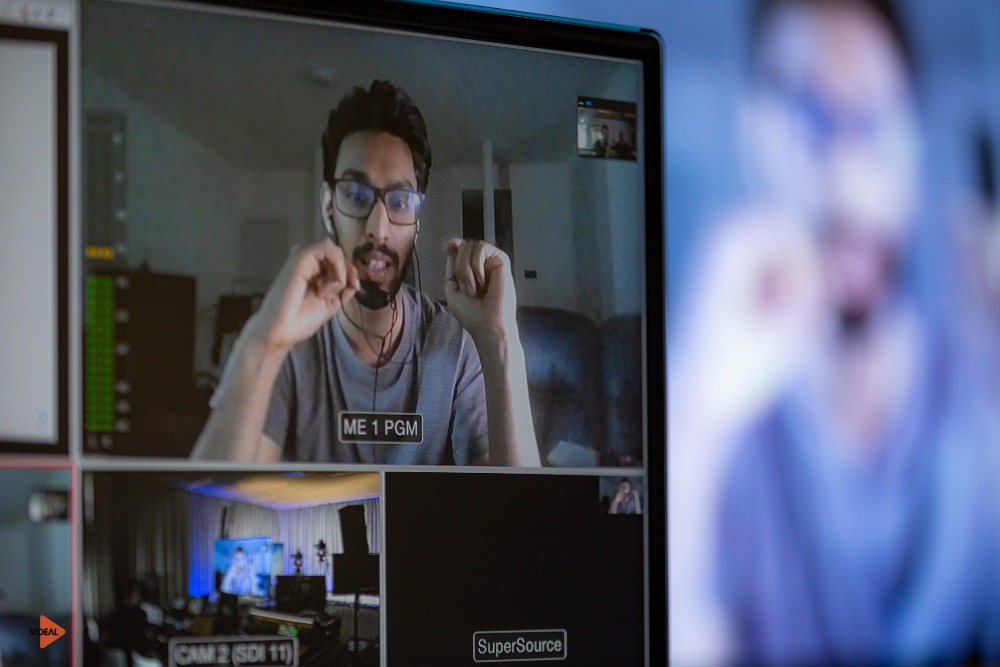
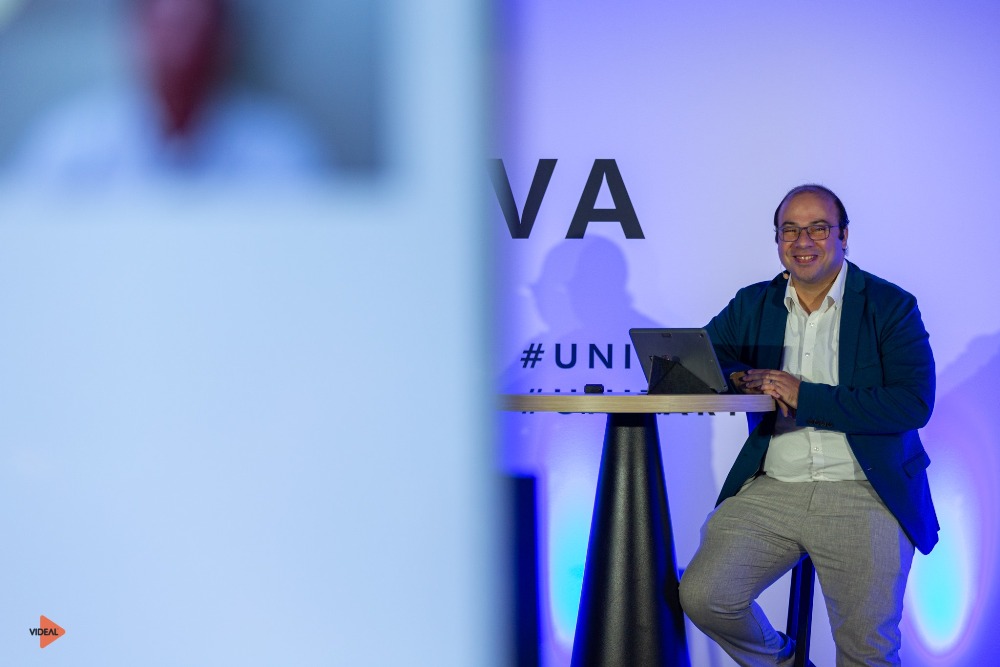
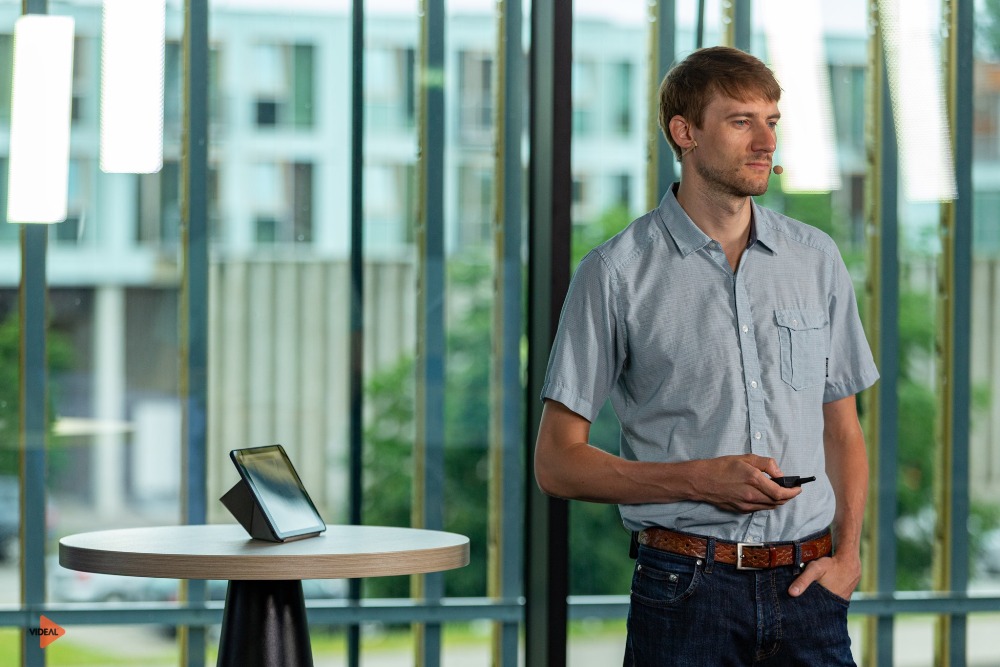
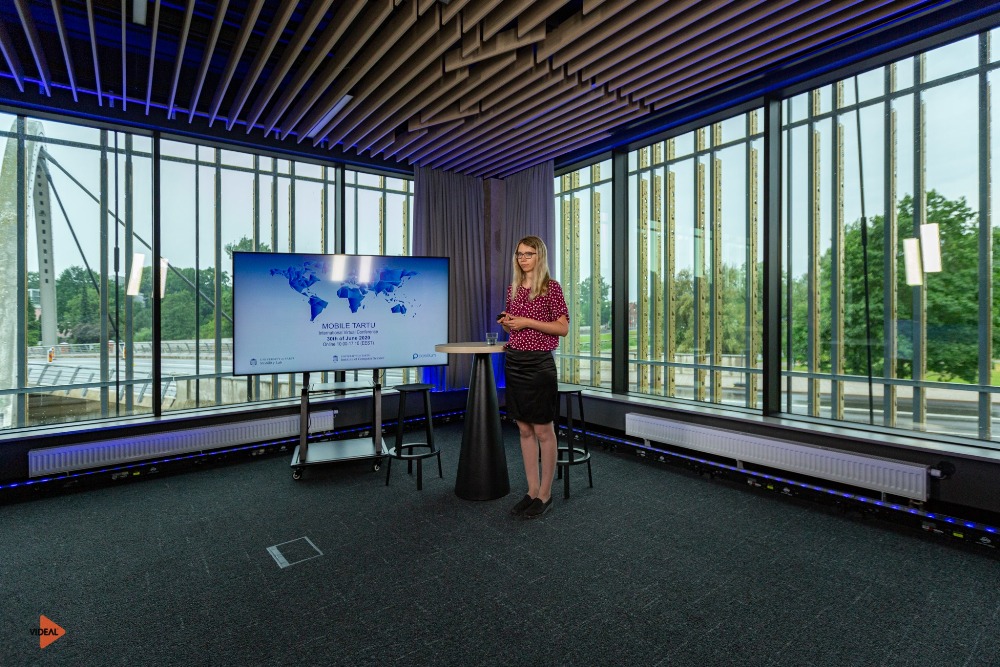
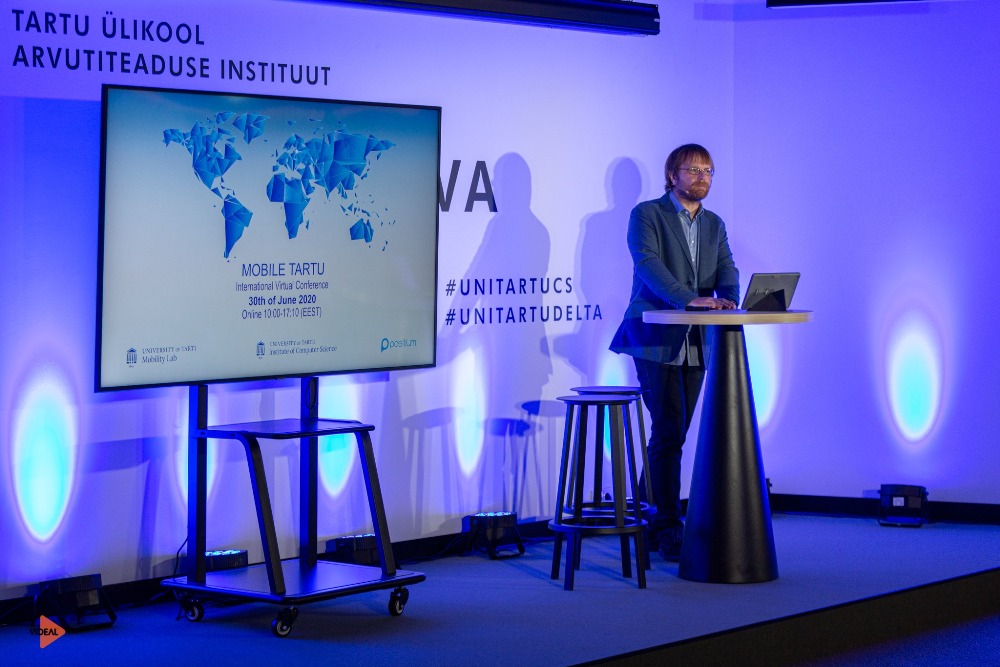
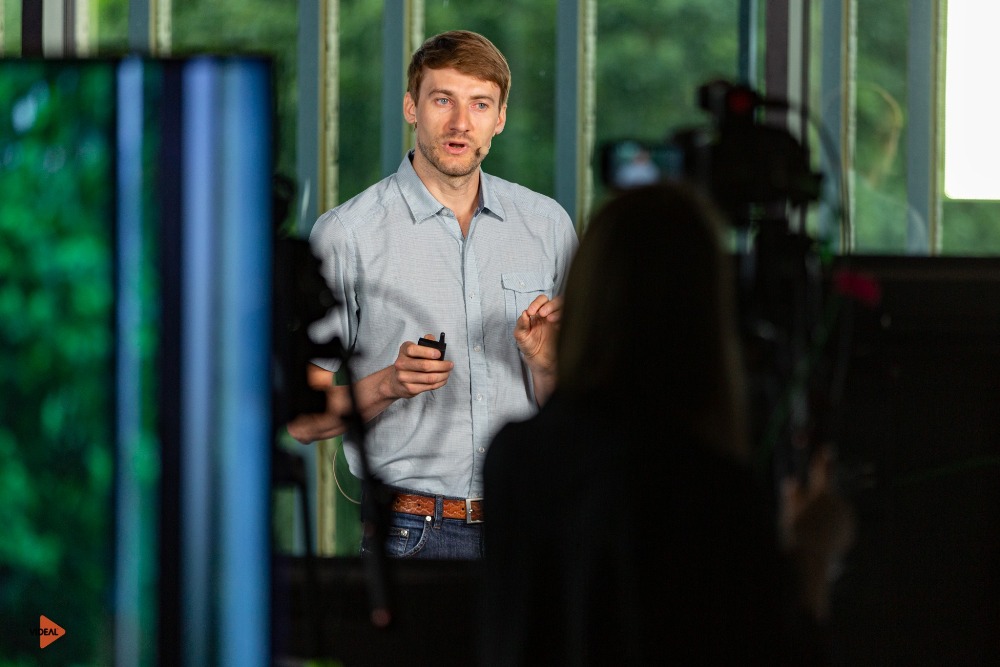
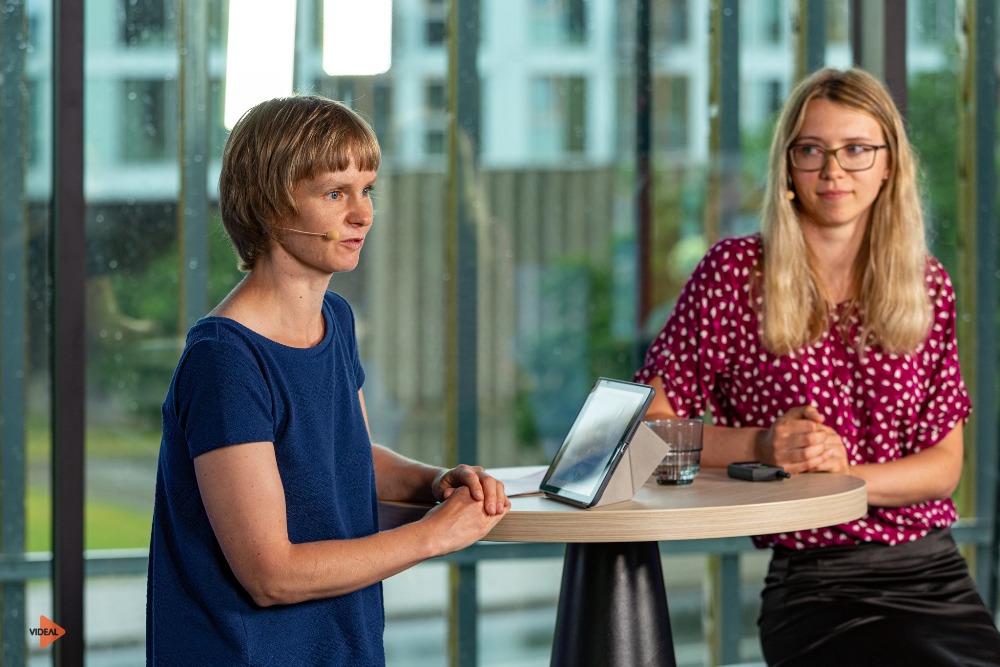
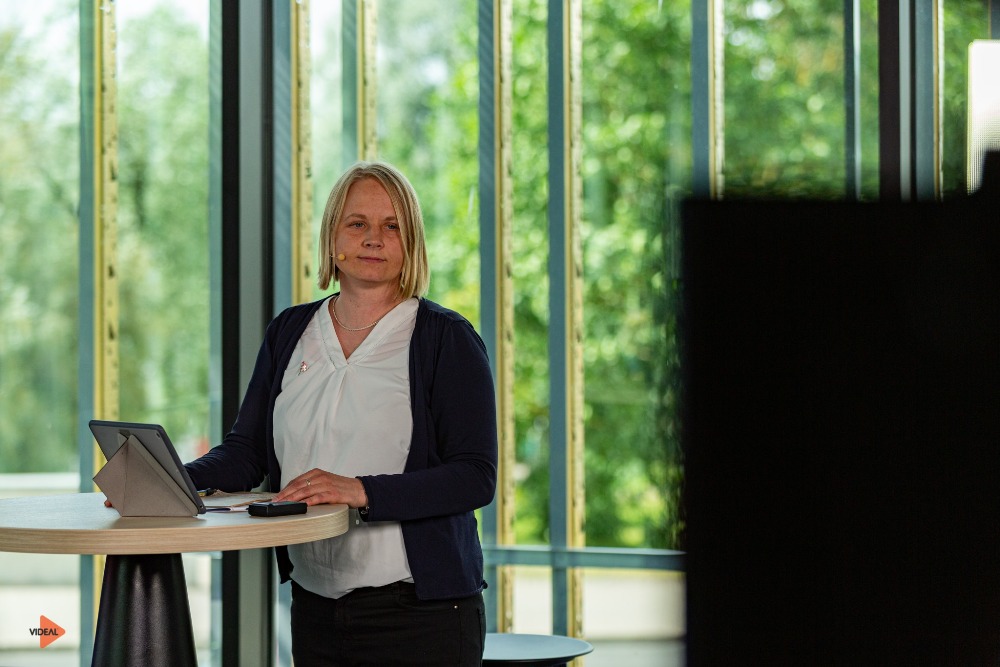
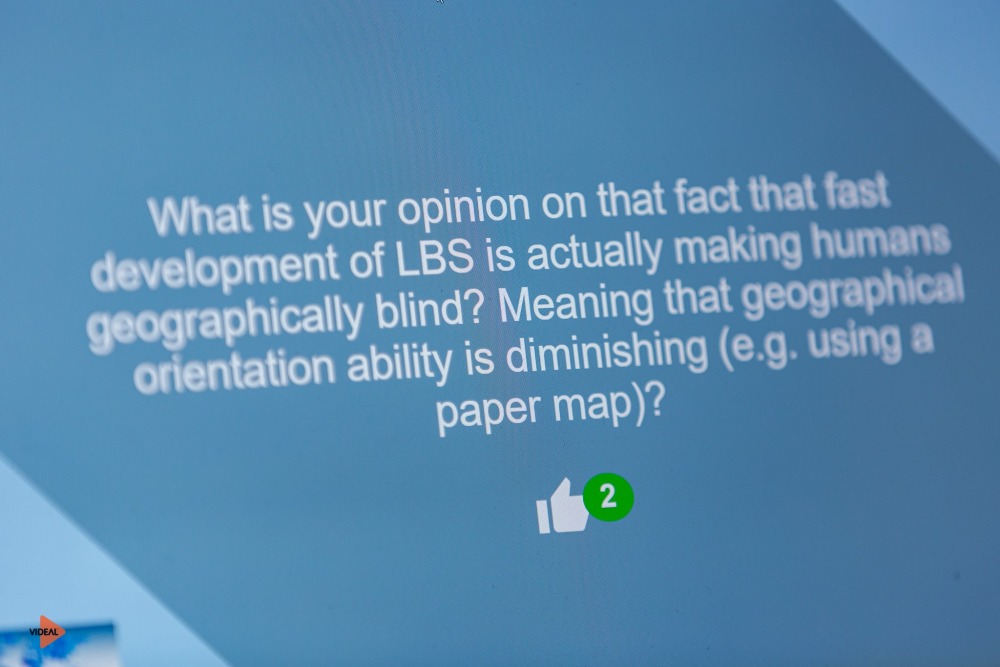

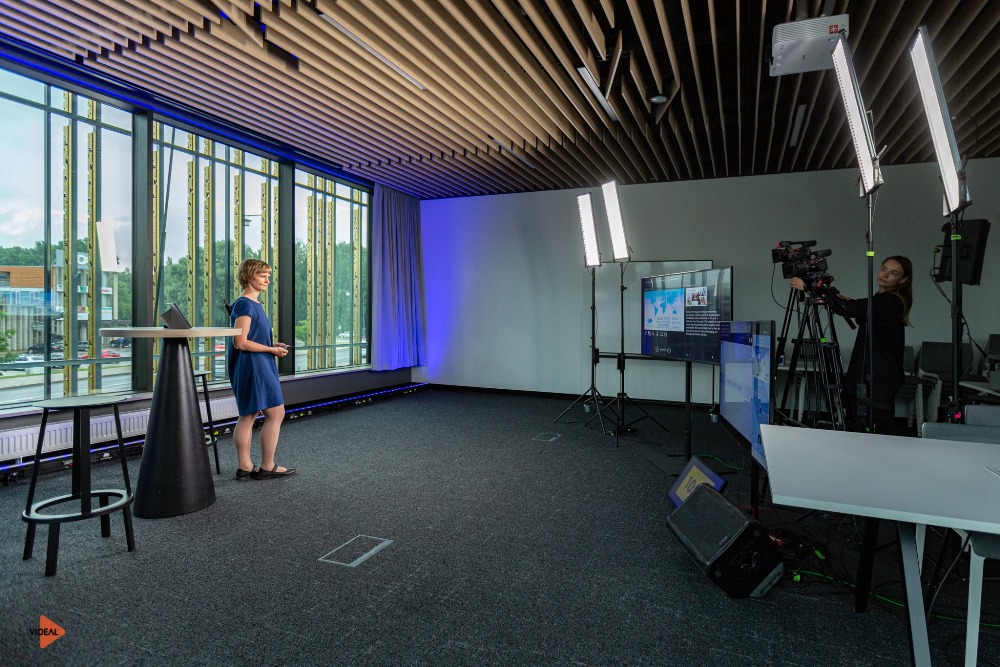
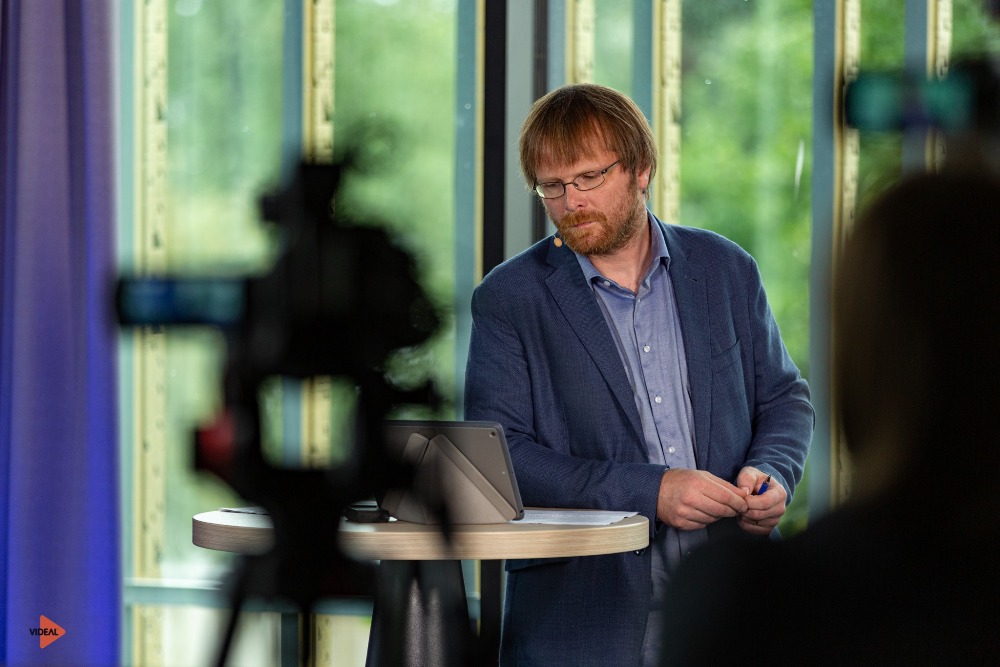

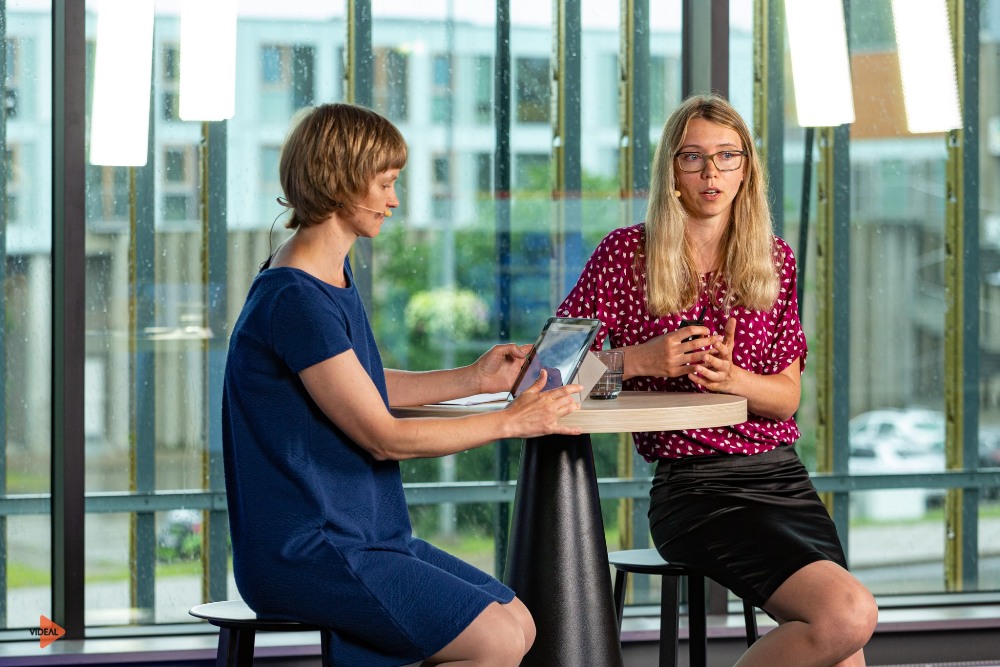
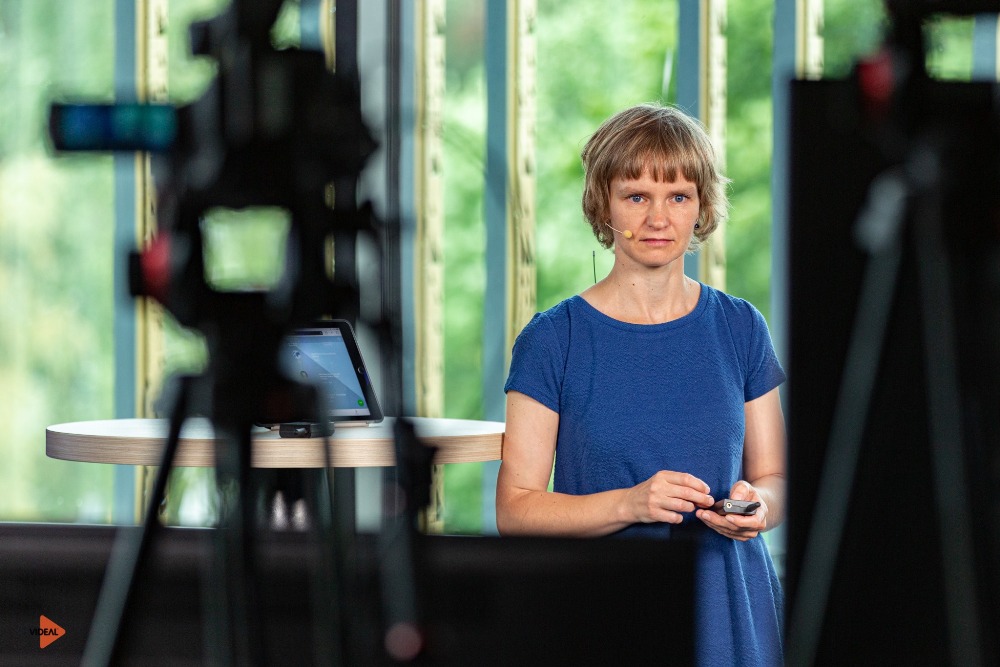
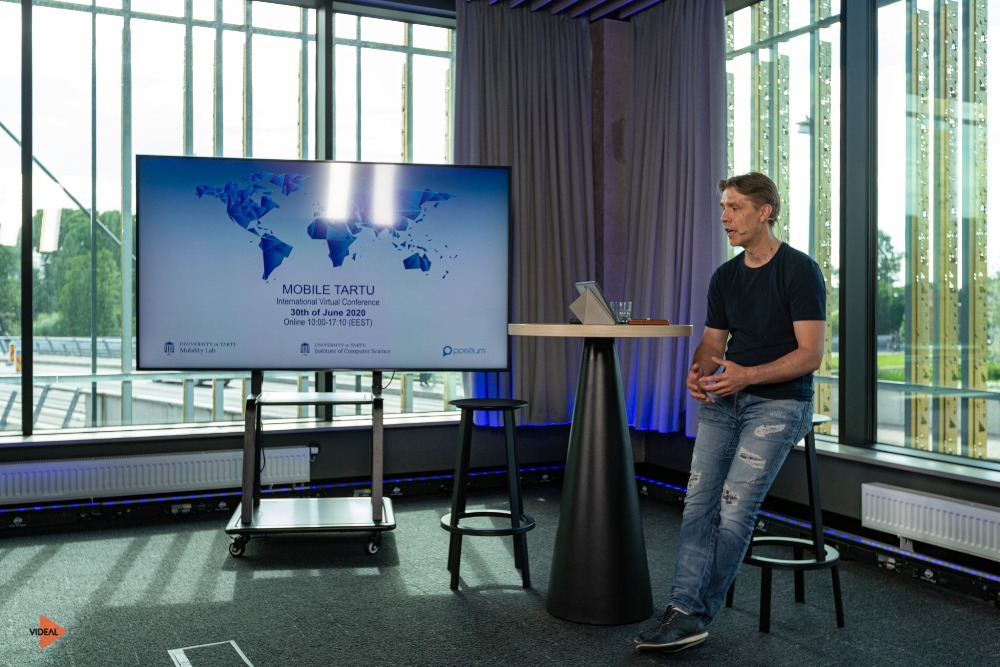
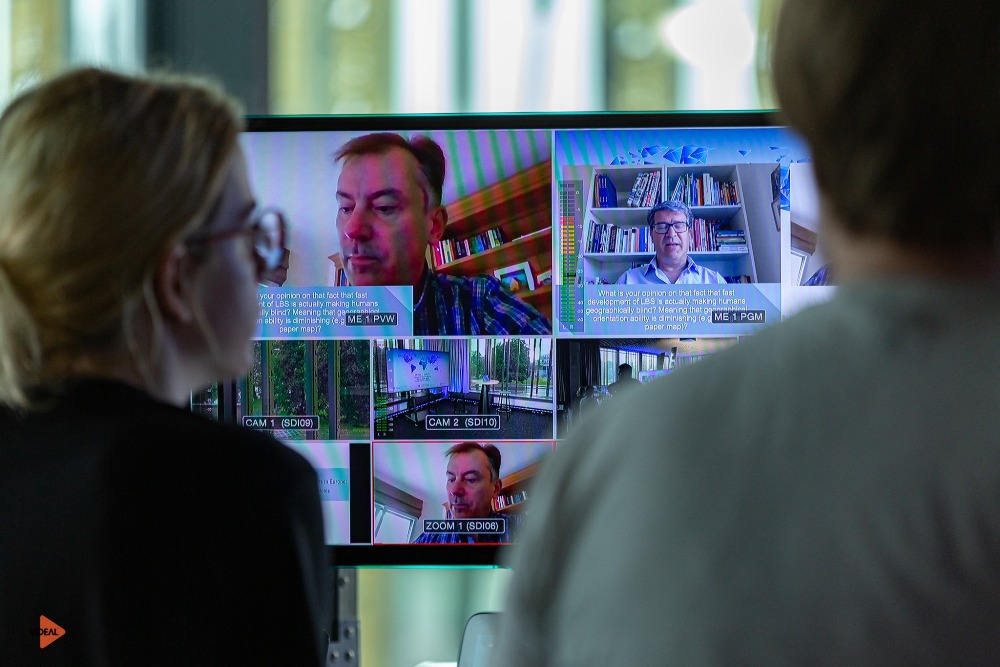
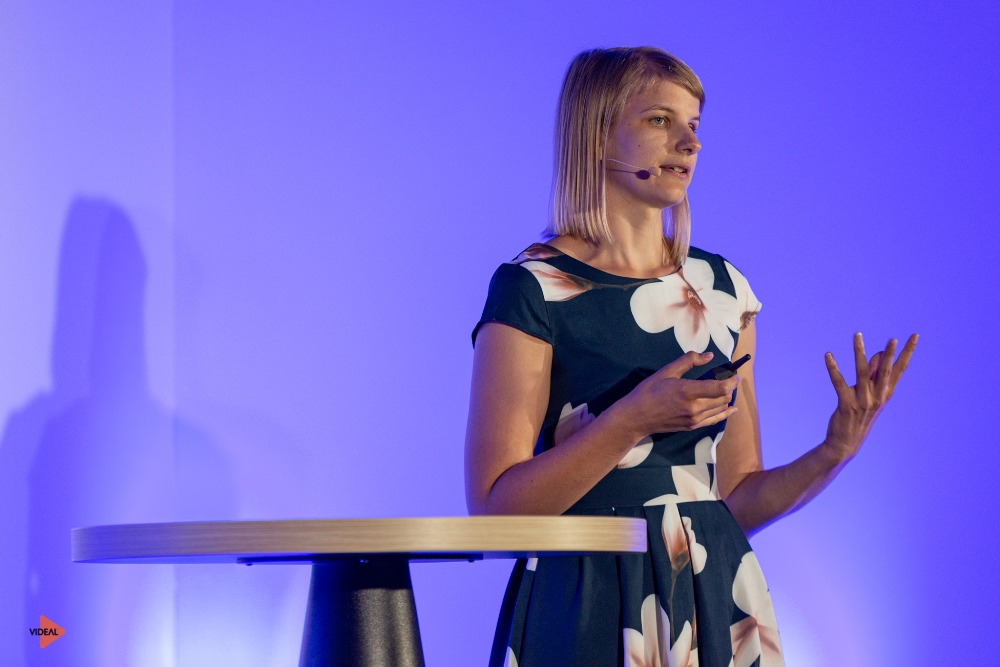
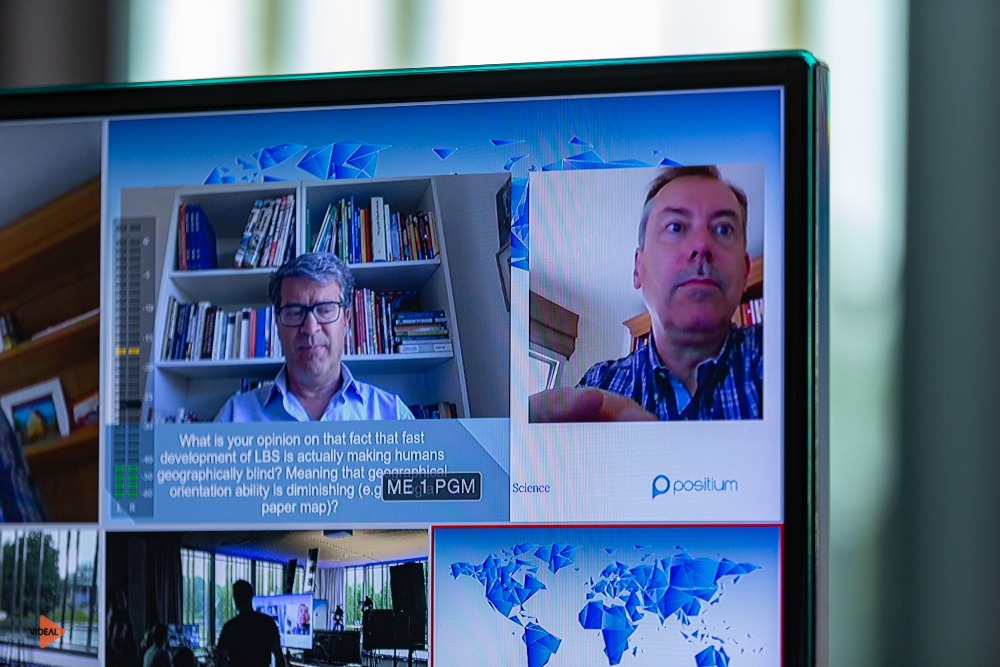
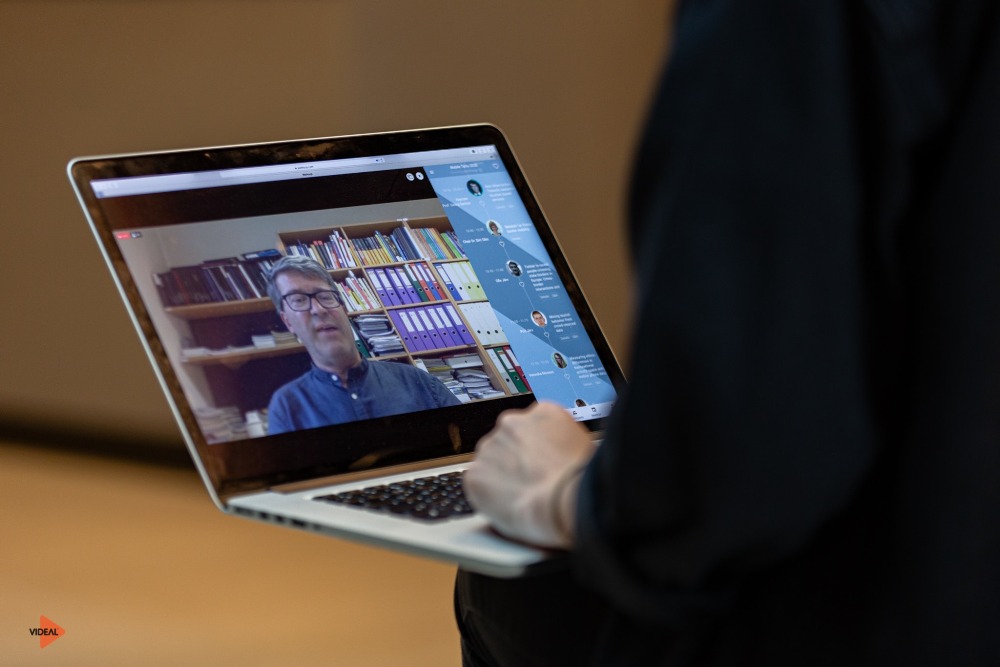
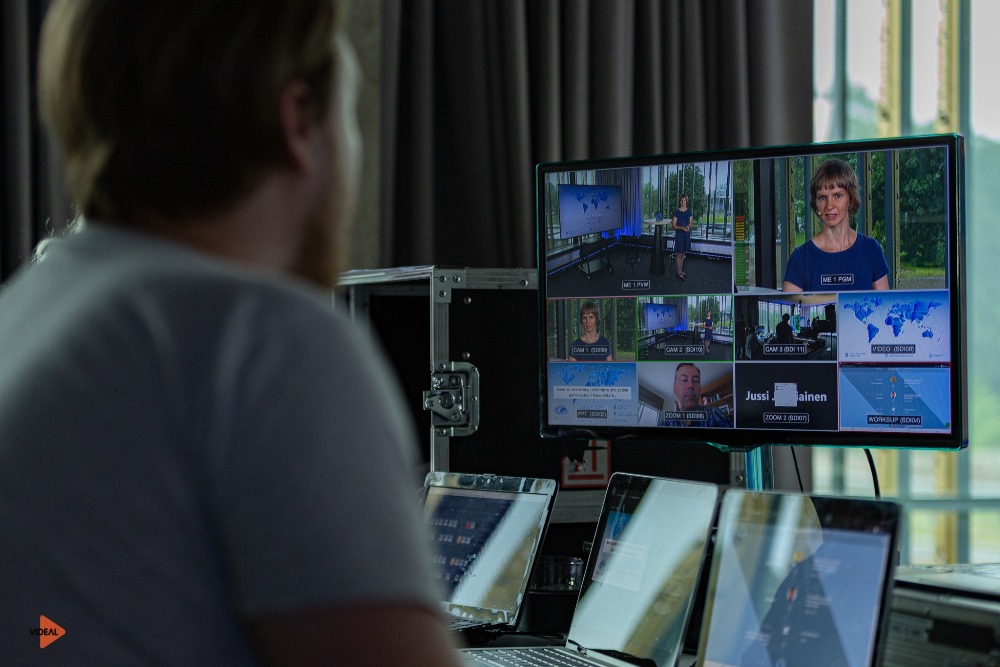
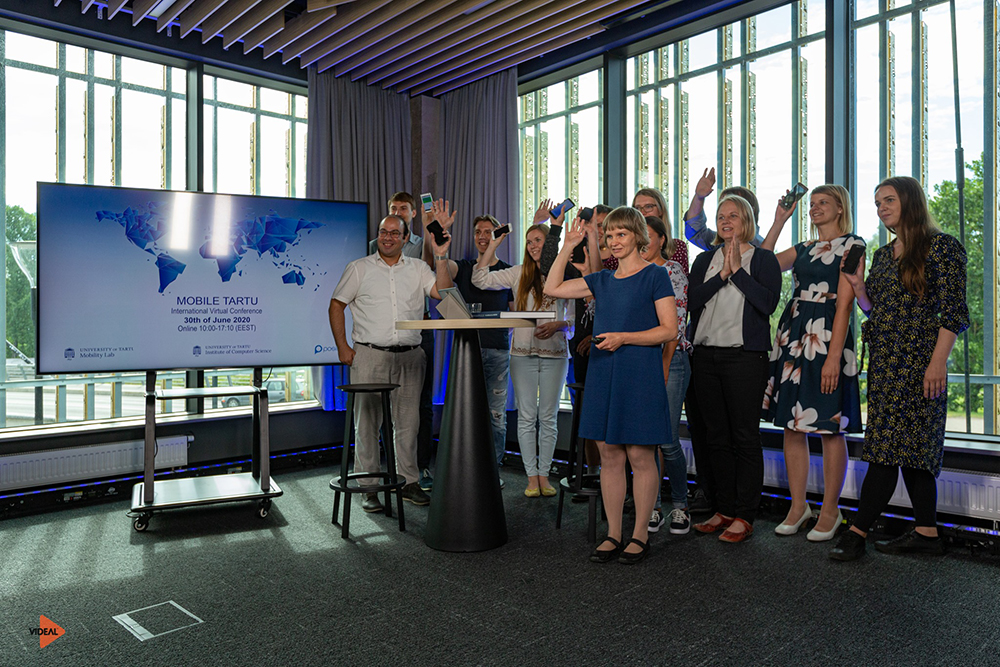
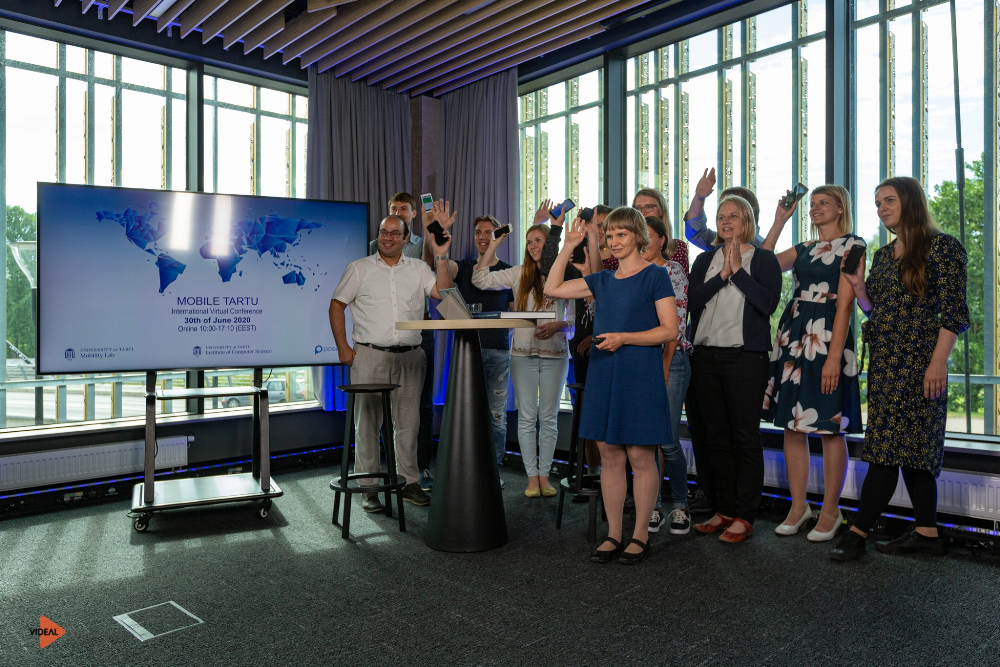
The CCAMEU Session
Mobility, a foundation of today’s society, burden to the environment and a key mechanism for reaching the opportunity structures for people, is subject to rapid change that citizens and academics are witnessing already today. Different trends like the emergence of new shared, active, individual and motorized mobility systems co-exist at the same time. This situation requires different governance systems and great foresight techniques. The tools and approaches elaborated in this session, and in the Mobile Tartu conference in general, help to bring this on-going discussion further and help in the consolidation process of more just and sustainable mobility systems.
Presentations
Miloš N. Mladenović from Aalto University, together with co-authors Dominic Stead, Dimitris Milakis, Kate Pangbourne and Moshe Givoni, started the session with tackling the governance challenges of the technologies and deployment of self-driving vehicles. The authors compared related policies in Finland, the UK and Germany, and found similarities in pro-automation values across these countries, while also uncovering important differences outside the domain of traditional transport policy instruments. They presented several necessary directions for further developing governance and experimentation processes of self-driving vehicles. The underlying research is published in the recent book Policy Implications of Autonomous Vehicles. Advances in Transport Policy and Planning, edited by D. Milakis, N. Thomopoulos and B. van Wee (2020).
Anna Brauer together with her colleagues Ville Mäkinen and Juha Oksanen from the Finnish Geospatial Research Institute addressed the quality and fluency of cycling infrastructure by making use of big mobile data with an unprecedented spatiotemporal extent and resolution. They proposed a novel way to measure the dynamics of cycling and thus support transport planning and infrastructure development.
Elias Willberg and his colleagues Age Poom, Joose Helle, Akseli Toikka and Tuuli Toivonen from the University of Helsinki examined the use of shared bicycles and related travel-time environmental exposure. The novel methodology to assess the environmental qualities of travel routes and link them with realized mobility data deploys street view images, land use data, real-time air quality modelling and urban noise models. More information on travel-time environmental exposure assessment and routing aiming to improve the experience of active travel can be found from the Digital Geography Lab site: https://www.helsinki.fi/en/researchgroups/digital-geography-lab/green-paths.
Mayookh Sikka and Beata Sliz-Szkliniarz from the European Institute for Energy Research, and Guillaume Raffier and Didier Bosque from Sopra Steria elaborated further on the environmental and social impacts of travel. They presented a multi-agent transport simulation tool using mobile phone data. The tool enabled to analyze the effects of transport scenarios that follow different transport policies and lead to different travel behaviors, such as increased bike use, carpooling, flexible working hours or distant working.
Finally, Tobias Heldt from Dalarna University together with his colleagues partnering an EU Interreg project “Mobility and Accessibility in Rural Areas” compared the suitability of various data sources to analyse mobility demand in remote and touristic areas. Traditional surveys, map-based public participatory GIS tools, various mobile big data sources and mobility modelling have different capacities and limitations in responding to the data need on travel demand, mobility flows, modal splits, travel chains, traveller satisfaction and necessary improvements. They argue that digital platforms have the potential to integrate various mobility data sets spatiotemporally to have a complete picture of current mobility patterns, and to link modelled mobility demand with real-life mobility offers to be able to assess the effectivity and sufficiency of current systems.
More information about the Mobile Tartu Confernce and videos of the Confernce presentations is avialable at the Conerence Webpage.
LEARN MORE
